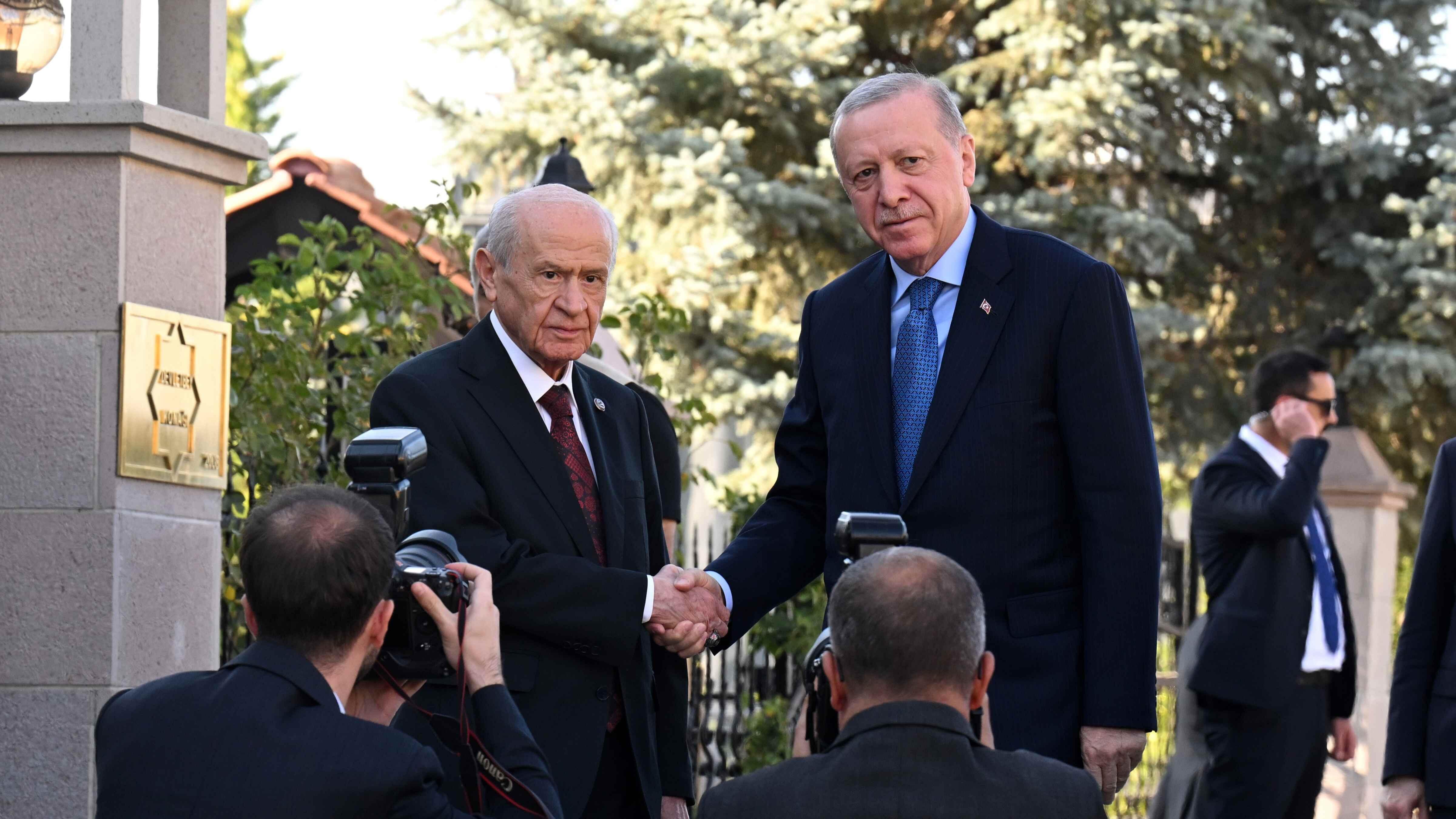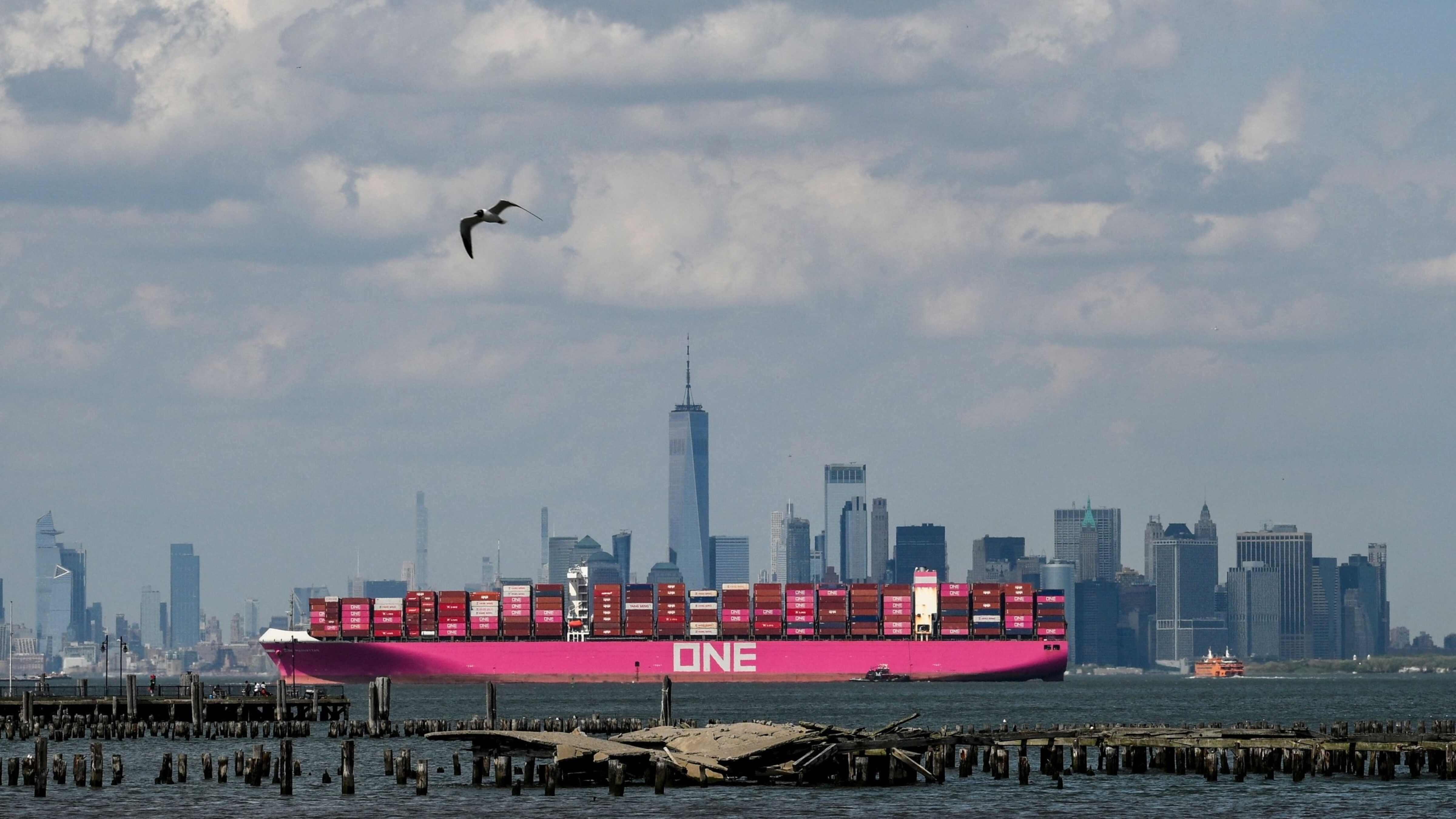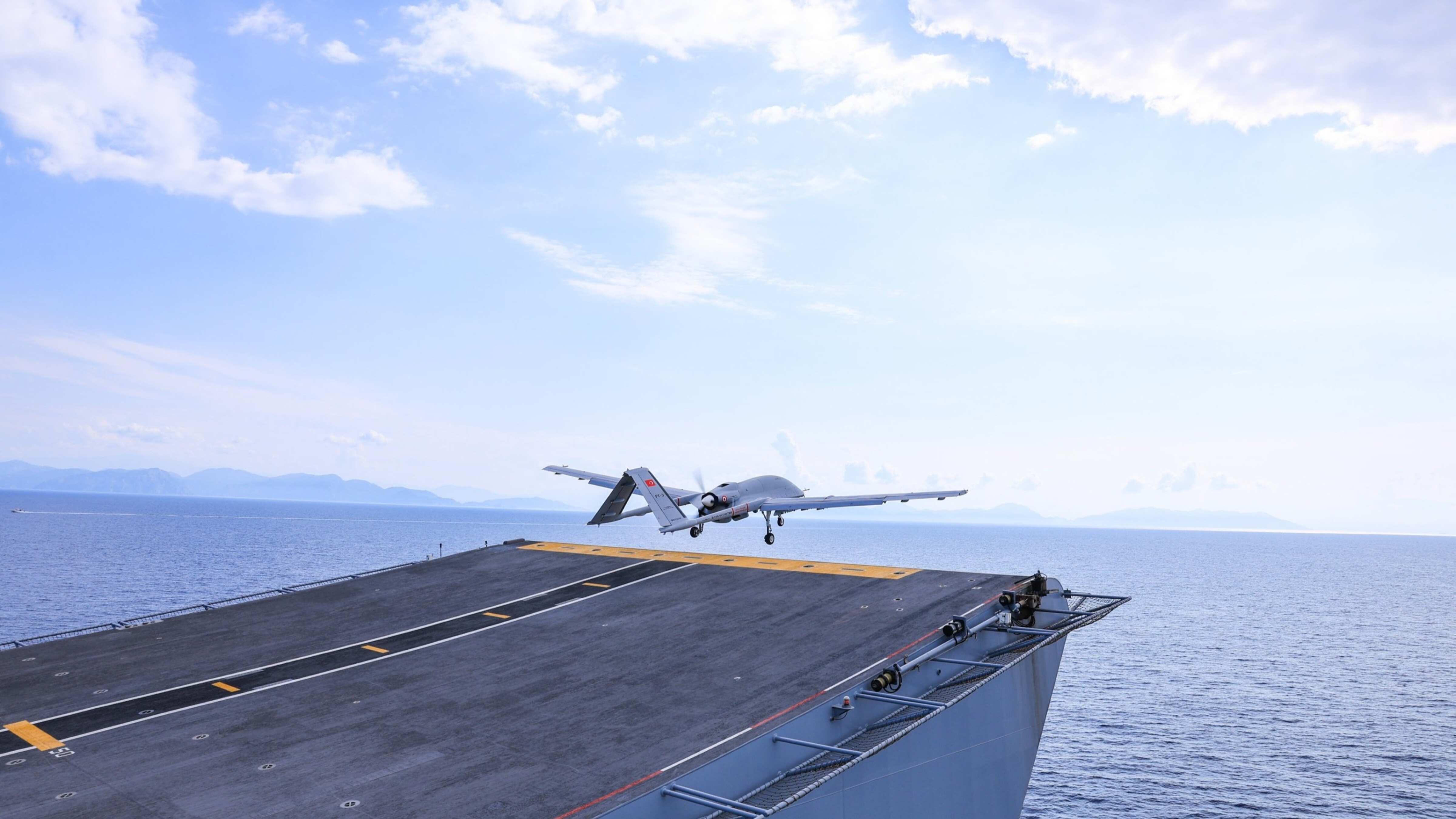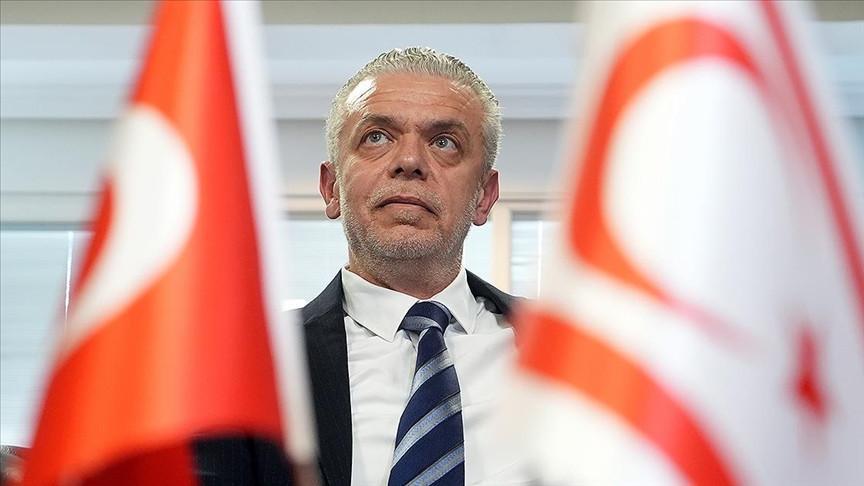Barzani’s visit and advices about democracy
ALİ NİHAT ÖZCAN
Increasing public pressure after the recent Kurdistan Workers’ Party (PKK) attacks has prompted the government to take action. Kurdistan Regional Government (KRG) leader Masoud Barzani came to Ankara last week, talked to senior officials and returned to his country. As usual, the main subject of the discussions was related to the PKK, which is exploiting northern Iraq as a safe haven. Barzani’s remarks in the wake of the discussions were so “diplomatic” and yet so “ambiguous.”The foundations of cooperation between Barzani and PKK leader Abdullah Öcalan were laid in Damascus in 1982 at the behest of Syria and Iran. Tehran had Barzani and Damascus had Öcalan sit around the table. Later, though, another “Marxist” Kurdish leader, Jalal Talabani, became the one to provide the PKK with a crucial “safe haven.” As a result, since spring 1983, northern Iraq has been a sanctuary which is of indispensable strategic importance. Prime Minister Recep Tayyip Erdoğan said he presented Barzani with three proposals to halt the PKK’s activities. First, he said, put a stop to the PKK’s activities along the Turkish-Iraqi border using your own capabilities. Second, agree to do it together if you wish. Last, let us do it if you can’t. Each of the options has different cost and impacts.
As for Barzani, he returned to his country after making comments which would buy him time. He will maintain his manner in the days ahead as in the past. It is not surprising, as it is will inspire the PKK to keep a low profile so that it is no longer be the main topic of conversation. In the course of events, Erdoğan’s proposals will be left for another time.
One may enumerate various reasons for this. First, Barzani, a Kurdish nationalist, cannot use force against another Kurdish nationalist, the PKK. Pan-Kurdish tendencies and ideological integrity cannot be ruled out. Second, political struggle in the Iraqi Kurdish region could leave Barzani in a difficult situation in domestic politics and in the region. Third, taking a political instrument as useful as the PKK out of action in a region in which the political balance shifts rapidly is not a rational course of action for Barzani. As a matter of fact, the PKK has a significant influence on domestic and foreign policies in Syria, Iran and Turkey. Why would Barzani want to kill such a useful actor? Fourth, the fact that the U.S. is anxious about the future of the Kurdish government in the wake of its withdrawal from Iraq cannot be overlooked. For that reason, one way to keep the U.S.’ interest in Iraq warm is to create the picture that “the Kurdish government is under threat.” It’s not a bad idea to create some “controlled tension” between Turkey and the Barzani government. Last, there would be a serious cost to using force against the PKK. For that reason, Barzani would prefer putting Mr. Erdoğan off.
However, there are points that Barzani should remember. Turkey’s “zero problems” policy with its neighbors is up. Barzani might be the last victim of this trend. On the other hand, it might not be a good idea these days to get in the way of Erdoğan, who is pretending to be a regional leader. For that reason, Barzani might fall behind in the list of interest.
Last, Barzani’s suggestions of democracy in Turkey really show that things in the Middle East have changed both excitingly and quizzically.











